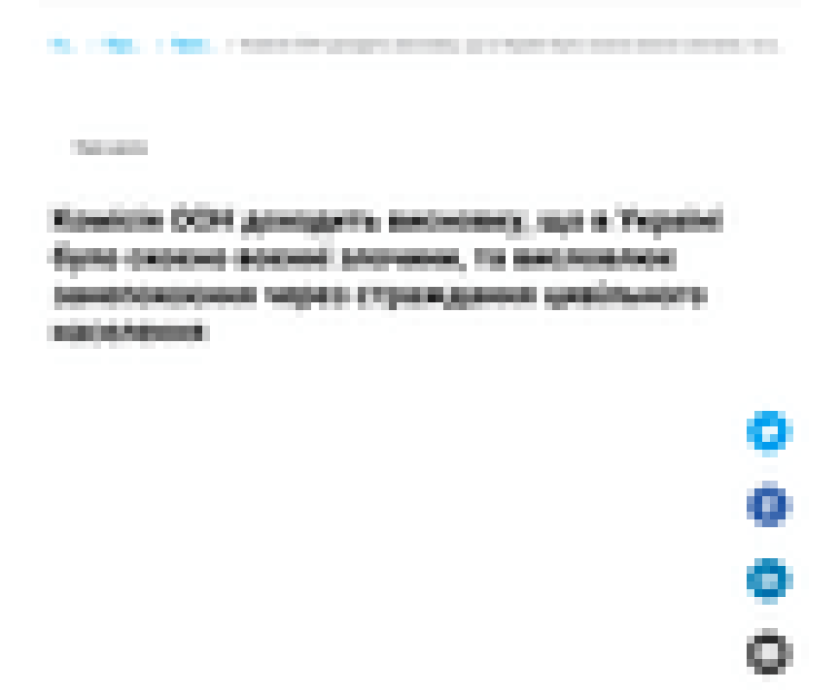(Abuja) – The Nigerian army’s release on October 3, 2019, of 25 detained children is an important step toward rights-respecting treatment of children affected by the Boko Haram conflict in northeast Nigeria. The 23 boys and 2 girls had been detained at Giwa barracks, the main military detention facility in Maiduguri, Borno State, for suspected involvement with the armed Islamist group Boko Haram.
The children were released three weeks after Human Rights Watch published a report documenting the degrading and inhuman conditions in which children have been held at Giwa barracks. Human Rights Watch found that children were detained without charge for months or years in squalid and severely overcrowded cells. Children described beatings, overwhelming heat, and frequent hunger.
“The Nigerian army’s release of children from Giwa barracks signals important progress in the government’s willingness to abide by its human rights obligations,” said Jo Becker, children’s rights advocacy director at Human Rights Watch. “These children will now be able to reunite with their families and pursue their education, instead of languishing in prison.”
Since 2013, Nigerian armed forces have detained over 3,600 children, including 1,617 girls, for suspected involvement with non-state armed groups, according to the United Nations. During the same period, Nigerian authorities have released at least 2,200 children. According to UNICEF, the number of children released in 2019 is now 44.
In June 2019, Human Rights Watch interviewed 32 children and youth who had been detained as children at Giwa barracks for alleged involvement with Boko Haram. None of them said they had been taken before a judge or appeared in court, and none were aware of any charges against them. Some had been held for more than three years.
The 418 children detained for alleged association with armed groups in 2018 was a dramatic decrease from the 1,900 detained in 2017, according to the June report of the UN secretary-general on children and armed conflict.
Nigerian authorities should release any remaining children in military detention and allow UN access to detention facilities for monitoring and verification, Human Rights Watch said. The authorities should also sign and carry out a formal handover protocol in line with international standards to ensure the swift transfer of children apprehended by the military to child protection authorities for rehabilitation, family reunification, and community reintegration. Other countries in the region, including Chad, Mali, and Niger, have already signed such protocols.
“The Nigerian army’s release of 25 children frees them to pursue a meaningful future,” Becker said. “The government should take further action to free any remaining children wrongfully held and put a protocol in place to ensure that children affected by the Boko Haram conflict receive the help they need.”



